If there are hard water problems at your home, you might need to install a water softener to overcome these problems. But the question is, how long do water softeners last? A water softener’s lifespan depends on different factors like the material used and its maintenance after installation.
To keep your tanks and pipes safe from damage, an excellent water softener system is required. Like so many other things, water softeners can’t last forever. In this article, we’ll explore how you can extend the lifetime of your water-softening unit and try to answer your questions.
Table of Contents
Water Softener Lifespan
A water softener’s life depends on the quality and the type of softener you buy. Mostly there are two types of water softeners in the market: salt-based ion exchange water softeners, and the other are dual tank water softeners. We will describe the lifespan of each separately.
Salt-Based Ion Exchange Water Softener Lifespan
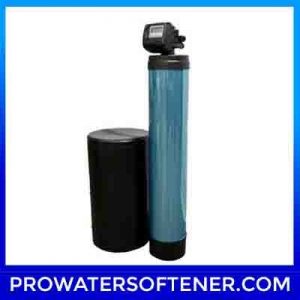
Typically, issues start to arise after one to two years if it is not appropriately maintained. Not only this, but it also causes added maintenance and extra costs. It could be avoided if you properly care for the water softener.
Check Out: Best Salt-Based Water Softening Unit
Dual Tank Water Softener Lifespan
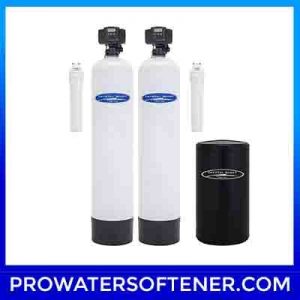
On the other hand, if it’s not treated well and has no maintenance, then the lifespan could fall down to 3-5 years. So proper care and maintenance matter a lot to expand the lifespan of the water softener.
Check Out: Best Salt-Free Water Softener System for daily use
How long does Water Softener Resin Last?
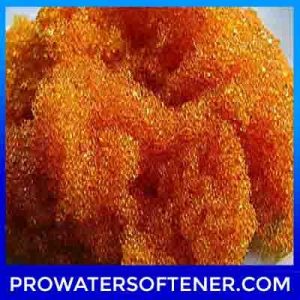
Additionally, the concentration of iron and organic coating of your resin determines how long do the resin beads last in a water softener. Simply, the iron finishes the resin beads faster if it has a large amount of water.
Check Out: Top Rated Water Softener Resin in 2024
How Long Does Water Softener Salt Last?
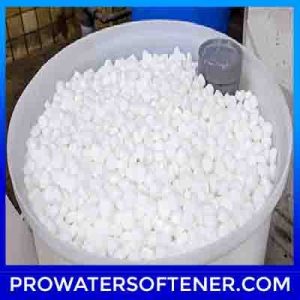
On the other hand, there are advanced technology water softening units that are called “intelligent regeneration.” They use the salt in a small amount intelligently. This will not only cut costs but also be less harsh on the environment.
Check Out: 6 Efficient Water Softener Salt in 2024
Factors Affecting Water Softener Lifespan
There are many points that affect the water softener’s lifespan. The first and most important factor is how much is the usage of the water softener system. Definitely, if the frequency of the water softener is large, the shorter will be the lifespan.
The other thing that could really extend the life of water softener is care and maintenance. Obviously, if any device is appropriately maintained, it will not only work well but also increase the lifespan. Proper care and maintenance of water softeners could extend life up to 10-15 years.
Another big aspect that impacts the softening unit lifespan is how much water needs to have retreated. It’s clear that if there are three people at home, they’ll require less amount of water. On the other hand, if there are eight to ten people, they’ll need more water than the household of three. So, where usage is less, the lifespan will be greater there.
Tips to Increase the Lifespan of Water Softener System
Whether you just moved into a new house, just bought a new water softener, or you’ve had yours for years, you may be wondering when you’re expected to replace it. How long do water softeners last, anyway? And do they require some kind of maintenance? You want your investment to last as long as possible. So, here are some tips to extend your water softener’s lifespan.
-
-
- The first tip to increase the lifespan is to check the filter regularly. If there is a need to change it, immediately do that without any delay. How can you change the filter? Your manual will answer this simply.
- While adding salt, have a look inside. If there are any salt bridges, remove them for better water softening.
- Another thing on which you have to keep an eye is regenerate. If your water softener runs out of regeneration, refill it immediately before water is visible to the brine tank.
- While refilling the salt, make sure the water is down to 1/3 full. After refilling, leave 1/4 of the tank empty.
- If your water softener is electric, you might need a water softener cleaner to flush the resin bed. It should be done once a year to maximize the effectiveness of the resin beads.
-
With just a little effort, you can significantly extend the life of your water softener, and enjoy the benefits of soft water for many years. You can help ensure the long life of your water softener by making the right choice when selecting one for your home. Single tank electric systems are often cheaper but may require more time for maintenance.
Check Out: Top Water Softener System for Well Water with Iron Removal
Frequently Asked Questions (FAQs)
1. How much does it cost to replace a water softener?
The average materials cost to replace a water softener is $590.42 per softener, with a range between $556 to $625. The total price for labor and materials per softeners is $813.00, coming in between $697.50 to $928.50. Maintenance cost varies from product to product depending upon the features of each product.
2. How often should I regenerate my water softener?
Regular regenerations are the best because they keep the resin bed active. This should be every two to three days, although highly efficient softeners may regenerate every day or even multiple times a day. Moreover, it depends on your usage also.
3. How do I test my water softener?
After installing your water softener system, many technicians conduct water softener testing to scientifically demonstrate that the water coming from your faucet is now soft. However, you can check by using water hardness test kits. They provide a reading that details your water’s condition. “Soft water” is categorized as containing between 0-17.1 mg of minerals per liter of water. If anything is in excess that means there is an issue.
4. How do you know when your water softener needs to be replaced?
- Scale buildup inside water-using appliances.
- Reddish stains around drains, shower, and faucets.
- White crust buildup on faucets.
- Mineral spots in the bathroom and dishes.
- The clothes feel scratchy and the color is fading.
- Lower water pressure in the shower.
- Using more soap to lather hands and dirty dishes
- The system regenerates soft water on a timer system
Check Out: Water Softener Systems in Canada with Long Lifespans
Final Words
With proper care and maintenance, you can extend the water softener’s lifespan and enjoy the benefits for more years. By reading the above article, you have got the answers to your questions. You can extend the lifespan up to 20 years, and it’s achievable if you pay proper attention to DIY serviceable parts of your water softener. If you have symptoms of soap that don’t leather, water taste changes, or rusty pipes, refill your brine tank with salt or further replace the resin beads. If the issue continues, immediately call the expert to resolve the problem.

Steve Smith is a United State Licensed Plumber with over 18 years of plumbing experience. Steve has conducted residential and commercial plumbing jobs throughout the state and currently works for one of California’s largest plumbing companies. When he’s not working, Steve enjoys spending time with his daughter and son.
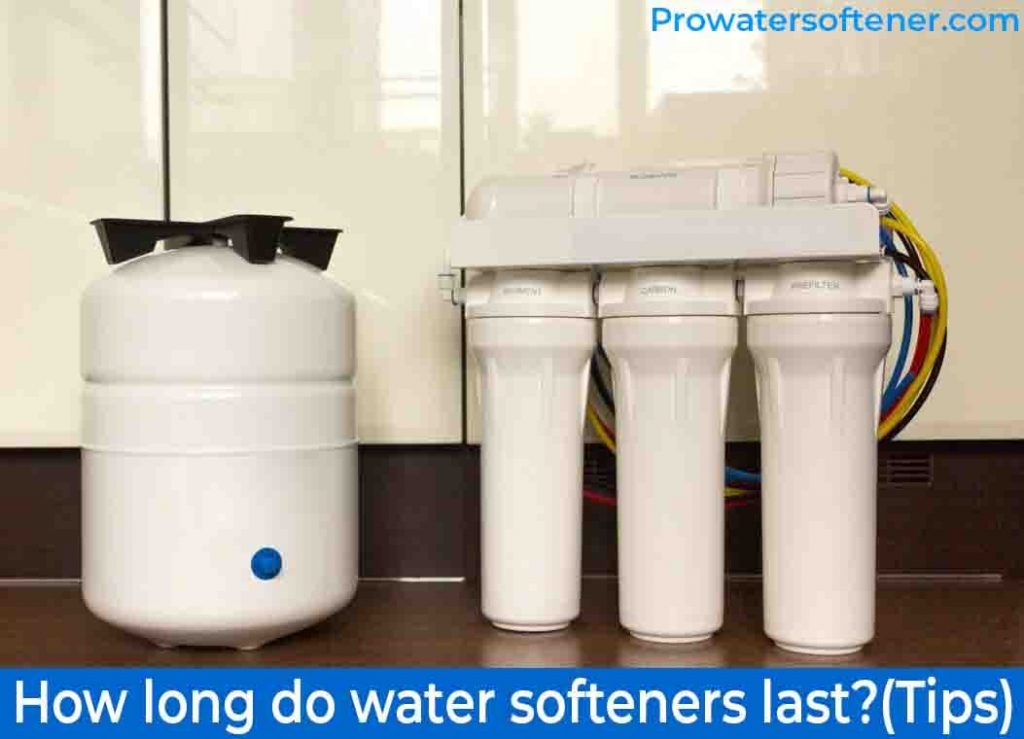
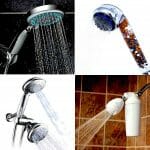
![Can you drink water from a water softener? [Important to Know] drinking soft water](https://prowatersoftener.com/wp-content/uploads/2021/03/drink-water-from-softener-150x150.jpg)


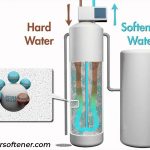
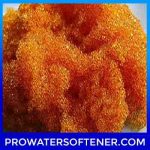

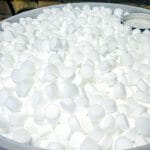
Leave a Reply